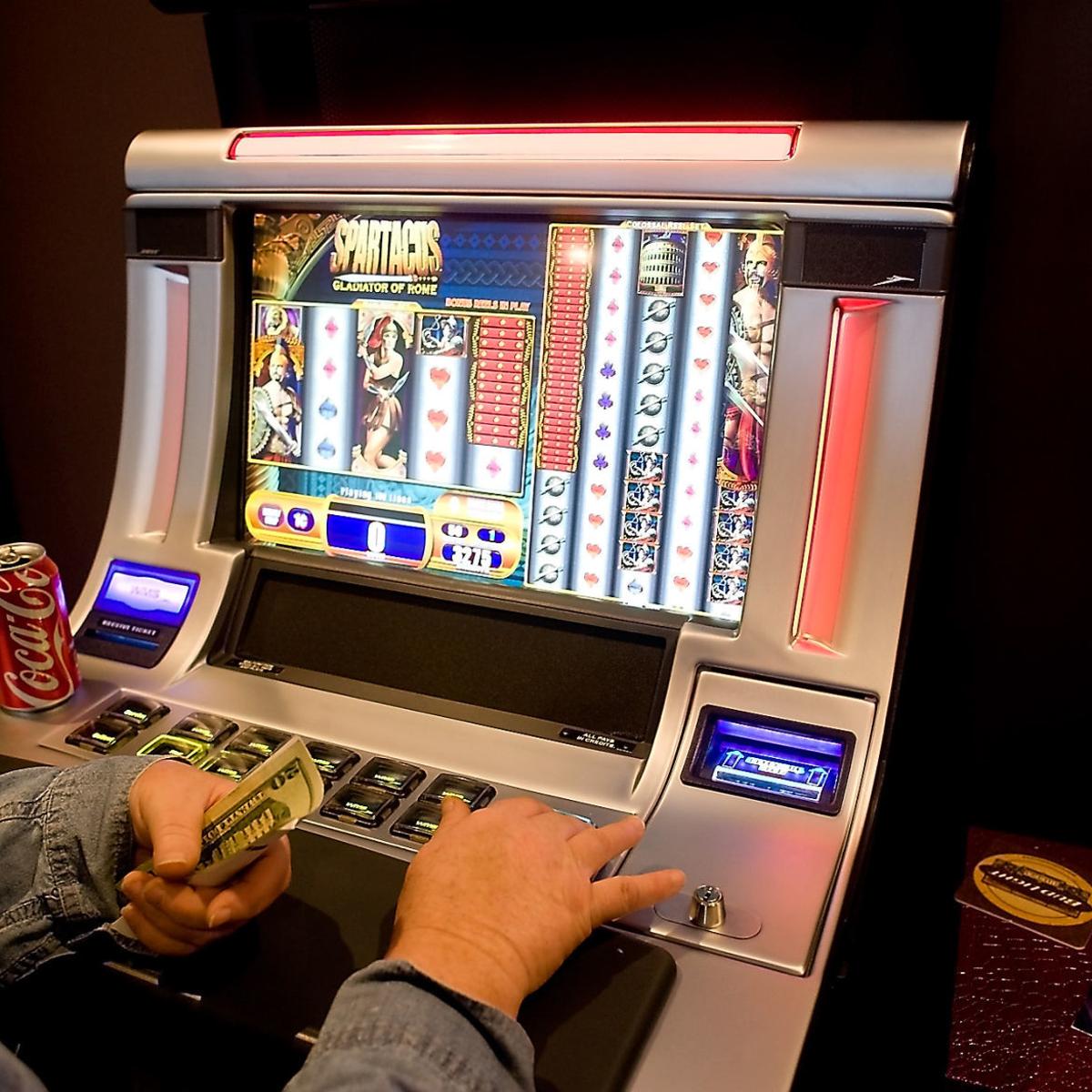Illinois Gambling Self-exclusion List
- Illinois Gambling Self-exclusion Listing
- Illinois Gambling Self-exclusion List Crawler
- Illinois Gambling Self-exclusion List By Name
Can I place a family member, friend or spouse with a gambling problem on the list? A person cannot place another person on the self-exclusion list. Placement on the list is entirely voluntary and must be done by the individual seeking voluntary self-exclusion. 7.w long will I be on the self-exclusion list? As Illinois has expanded its gambling options in recent years, it has also taken steps to combat problem gambling. One of the most important tools available to players is a self-exclusion list.
Here is the scenario:-a person self excluded themselves from a casino
-the person goes and gambles at the casino he/she self-excluded themself from
-after gambling for a while, the person is identifed by casino personnel
-at the time the peson is identified, the person up $1500
What are the consequences for the self-excluded player? Can the person be arrested? Does the person have to give back their winnings? etc etc

is taken seriously by the casino. They want
to avoid a lawsuit and you will escorted off
the property, or in some cases the police
are called. As far as the money goes, should
the casino pay it back if the guy lost $1500?
It's not often clear when dealing with casinos, of which is the case. More or less, one has to be first-hand involved in some way to know for sure of any of the settlement(s). I could only speculate on this one; and the reason i didn't completely read the longer version which i can't find now. In general, casinos do often 'shell out' tens of thousands of dollars in such civil suits. Eg, i personally know of a waitress being improperly fired for complaining of minor back-problems who won a couple of hundred thousands after her union became involved.
In my opinion, such confusion stems from the casino-industry's 'argument' that no one has to gamble. And their ignorance of the fact that then no one has to really provide either for such occasion to gamble. Hence, the 'strange hoops' every one involved ends up 'jumping through' at some time, or another.
Individuals who have placed themselves on the list have signed an agreement that all winnings are subject to forfeiture.
Illinois Gambling Self-exclusion Listing
They also state that this is necessary to take away the incentive to want to keep gambling. Makes sense to me. We'll do our best to keep you out of our casino, but if you still make it in, and win anything, we're not going to let you keep it.Administrator
Here is the scenario:
-a person self excluded themselves from a casino
-the person goes and gambles at the casino he/she self-excluded themself from
-after gambling for a while, the person is identifed by casino personnel
-at the time the peson is identified, the person up $1500
What are the consequences for the self-excluded player? Can the person be arrested? Does the person have to give back their winnings? etc etc
They're screwed. Whether they're 86'd as a result of a bar fight or voluntarily exclude themselves, it amounts to the same. Only difference is the voluntary has an easier time rescinding the exclusion.
I've seen several cases of this, and every time it's the same thing. They exclude themselves, then show up some time later and make it onto the floor (not incredibly difficult as security can't remember every face). But we flag their players card, so as soon as it goes it, we get a notification. Just a few months back we had a guy make it in but wasn't using his card. He was getting away with it, until he hit a $8,000 j/p. Once his ID was obtained, he was reminded of his exclusion, his j/p was voided, and he was issued an appearance ticket for trespass.
Administrator
I guess now would be a good time to remind that I'm tribal, and don't necessarily speak for the entire industry.
has time frames so you can be on the list for 1yr up to life and can take yourself of the list.
If the casino wins the money is forfeited below is from NJ DGE site under fin & stat info.
'under $100,000 are split equally between Casino Revenue Fund and Compulsive Gambling Programs.
For forfeitures over $100,000, Compulsive Gambling Programs get $50,000 and the balance goes to the
Casino Revenue Fund.'
Illinois Gambling Self-exclusion List Crawler
The article linked above (and here) offers a few statistics on Illinois's statewide casino self-exclusion plan. In mid-April, 2014, there were more than 10,600 people on the self-exclusion list. Since the initiation of the program in 2002, 'there have been 3,477 instances where self-excluded gamblers had been caught [in violation of their exclusion orders], with 3,399 of the incidents resulting in arrests.' Many of these violators are caught when they win a jackpot exceeding $1,200, as the collection of such winnings requires identification. When a 'winner' is found to be on the self-excluded list, he or she is not allowed to keep the jackpot. So far, casinos have 'confiscated $1.5 million of winnings from self-excluded gamblers, who then get to decide which of three addiction centers their money goes to.'[The headline and the early part of the linked article might be confusing to the Self-Exclusion reader, as these refer to excluding some undesirable people from operating on the supply side of video gambling. The material on voluntary exclusions for gamblers comes later in the article.]



